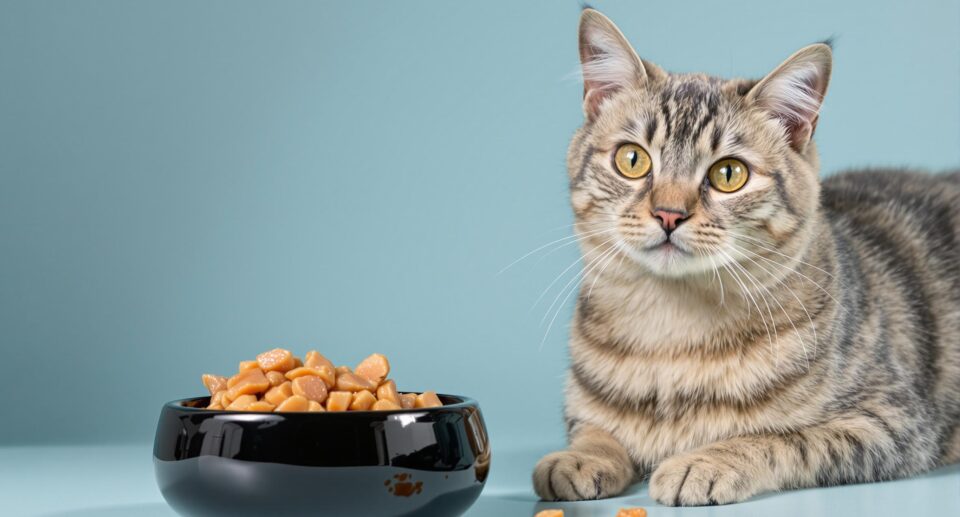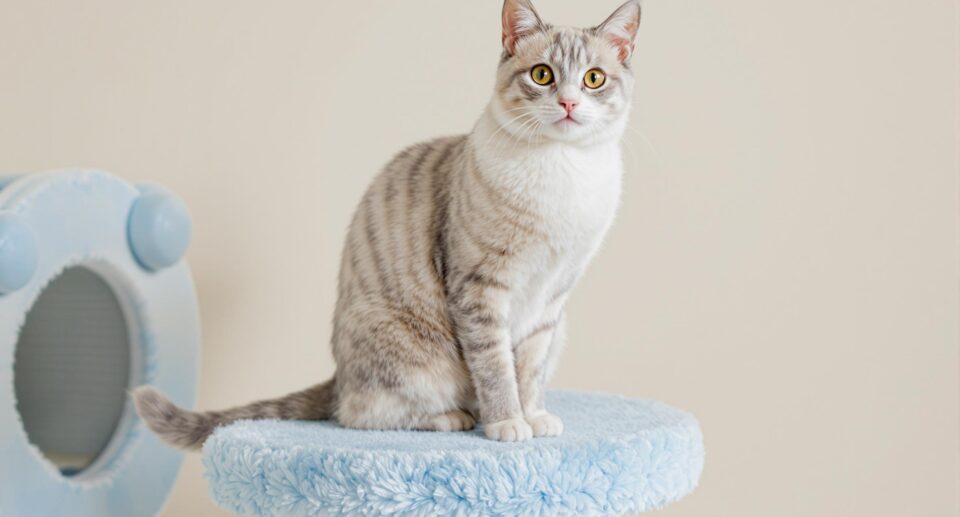
Cats love seafood, and most cats are especially fond of canned tuna and tuna juice. While tuna is fine for cats in moderation or as a treat, too much canned tuna can be bad for your cat. Fish is a great source of protein, but there are a few reasons why a steady diet of human-grade canned tuna can cause health problems for your cat.
Tuna alone is not nutritionally complete.
Commercial canned “tuna” cat foods are not just straight tuna, but have other added ingredients. The added vitamins, minerals, and the amino acid taurine (which is essential to cats), make the food nutritionally complete for your cat. Additionally, although cats may develop a craving for tuna, many cats are sensitive or allergic to fish.
Tuna is high in unsaturated fats.
While it’s healthy for humans to choose unsaturated fats in their diet, too much is unhealthy for cats. Consuming too much tuna can cause your cat to develop a Vitamin E deficiency. This may lead to an inflammation of the fatty tissue, a condition known as steatitis (“yellow fat disease”). Cats that consume large amounts of red tuna in particular are more prone to this painful condition.
Tuna is higher in mercury than other fish.
Most fish contain trace amounts of mercury, and the higher up on the food chain a fish is, the more mercury is accumulated in the fish. Tuna is relatively high on the food chain and therefore contains higher amounts of mercury than other fish, resulting in an increased risk of mercury poisoning. In particular, canned white tuna (albacore) has mercury levels almost three times higher than skipjack tuna (light tuna).
What should you feed your tuna-loving cat? Make sure the basis of your cat’s diet is a high-quality pet food formulated specifically for cats. Healthy, grain free canned cat foods such as Blue Buffalo Wilderness have salmon as the first ingredient and may satisfy your cat’s craving for fish.
If you choose to feed your cat human-grade canned tuna, limit it to an occasional treat. Try to choose “chunk light” tuna in water rather than “white” tuna. Better yet, consider a healthy cat treat like PureBites which are freeze-dried, single ingredient treats.





